
CURRICULA
Every one of our educators are loving, well-trained professionals with continuing education in the field of early child development. ECDC's quality curriculum is based on developmentally-appropriate practices and geared towards the whole child.
CURRICULAR PHILOSOPHY
Learning is a social endeavor, an exchange of ideas which results in deeper conceptual understanding.
Foundational skills and achievable challenges create the stepping stones to future learning.
Learning strategies must be developmentally appropriate, individualized, and personally meaningful.
A positive and secure environment opens the door to active exploration which is essential to foundational learning.

CURRICULA IMPLEMENTED
ECDC has chosen to utilize nine nationally recognized curricula which present balance, diverse teaching methods and strategies, family involvement, and foundational skills. Teachers use components of each of these curricula to provide experiences promoting
physical well-being and motor development, social/emotional development, motivation to learn, language acquisition, cognition, and general knowledge.
Creative Curriculum, Teaching Strategies
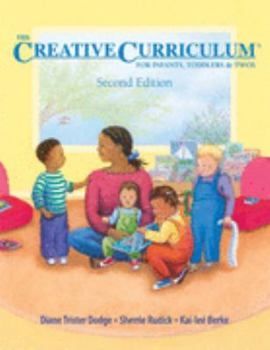 http://www.teachingstrategies.com/
http://www.teachingstrategies.com/Observation and assessment of individual children guide the teacher in planning and implementing lesson plans best suited to the developmental needs of the children.
Healthy Beginnings, The Johns Hopkins University School of Education/Maryland State Department of Education
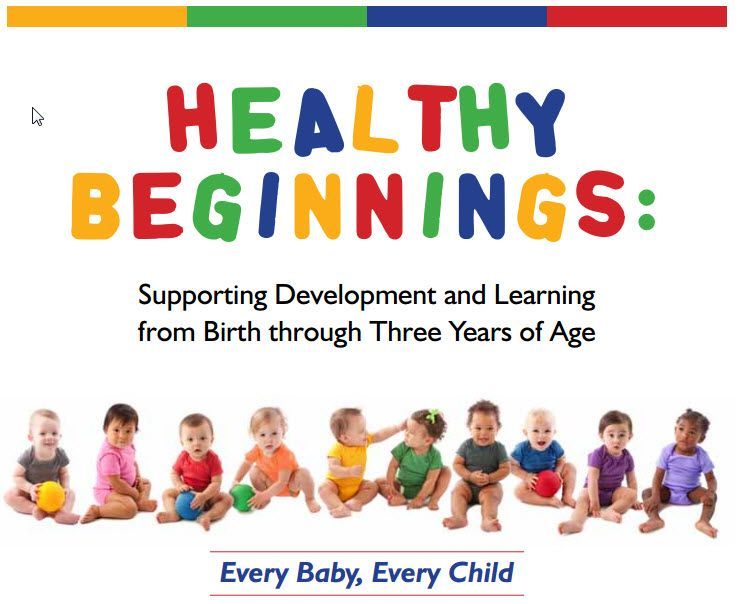 www.marylandhealthybeginnings.org/
www.marylandhealthybeginnings.org/A systematic set of developmental and learning guidelines to ensure that infants and toddlers have the resources, support, and encouragement for their ongoing process of growth and learning.
Zoophonics
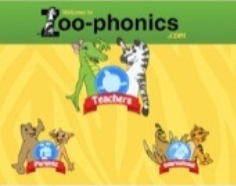 http://www.zoo-phonics.com/
http://www.zoo-phonics.com/A rhythmic, aesthetic approach to teaching phonics, developed originally in the English Infant Schools, promotes letter and sound recognition with whimsical animal characters.
Handwriting Without Tears
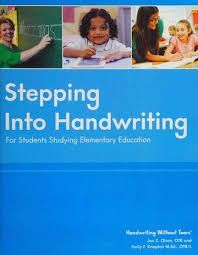 http://shopping.hwtears.com/
http://shopping.hwtears.com/Tangible activities and materials are designed to provide a natural, stress-free way to learn writing skills. This system was developed by an occupational therapist after years of working with children experiencing writing delays.
High Reach, Carson-Dellosa Publishing
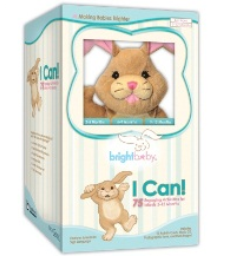
A research-based curriculum which incorporates several theories of learning and NAEYC’s guidelines creating a developmentally appropriate match for toddlers through pre-k.
C4Learning, Kaplan Company
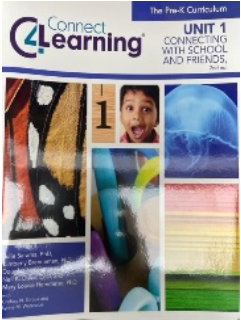 http://www.connect4learning.com/
http://www.connect4learning.com/Connect4Learning® is a research-based, is a Common Core-aligned, interdisciplinary prekindergarten curriculum. Developed through funding from the National Science Foundation, it integrates research-validated teaching methodologies from early childhood experts in mathematics, science, literacy, and social-emotional learning. Connect4Learning® weaves together all four domains to ensure that each subject is addressed meaningfully and comprehensively with each child. Connect4Learning features six curriculum units that are focused on supporting children's development of ten comprehensive cognitive processes.
Little Treasures, Macmillan McGraw-Hill
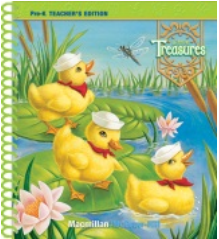 http://mheducation.com
http://mheducation.comThe use of visual prompts, children’s books, and Mr. Rogers’ themes impart a systematic approach to teaching pre-reading/writing skills and social-emotional behavioral competencies for school readiness.
Eureka Math, Great Minds
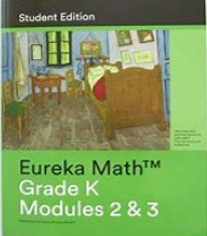 https://greatminds.org/eurekamath
https://greatminds.org/eurekamathEureka Math, a Common Core-aligned curriculum published by the non-profit Great Minds Inc., equates mathematical concepts to stories, with the aim of developing conceptual understanding. Like Common Core, it encourages students to use various mental strategies to solve problems, and to focus on the process instead of the answer.
Opening the World of Learning (OWL), Pearson Publishing
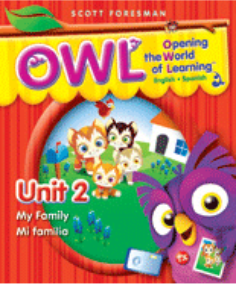 http://www.pearsonschool.com/owl/
http://www.pearsonschool.com/owl/Literacy-rich materials and lesson plans provide a comprehensive approach to all domains of early learning. Language acquisition and listening comprehension are integrated throughout the curriculum.

